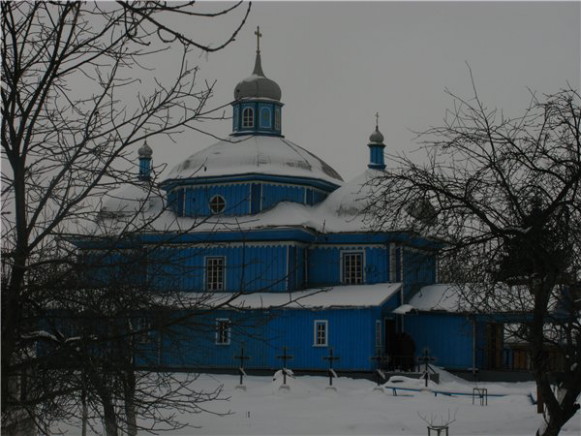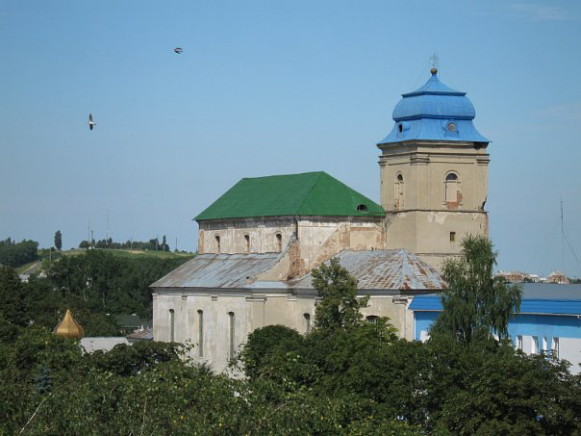Dubno
Dubno [Дубно]. Map: III-6. City (2013 pop 38,035) on the Ikva River in western Volhynia; raion center in Rivne oblast. It was first mentioned in 1100 as the village of Duben. In 1498 Dubno received Magdeburg law and came under the control of the Ostrozky princes. In the 15th century a fortress was built there that played an important role during the Cossack-Polish War and survived until the First World War. In 1592 the Dubno Monastery was built. Because of its fairs the town was a trade center, particularly from 1774 to 1797 when the famous Lviv contract fair was transferred to Dubno. Under Polish and Russian rule the town was a county center known for its trade in hops and cultural activities.
Today it has some small industry: a food industry, a woolen-cloth industry, a furniture factory, and a foundry-machinery plant. It has a regional studies museum. Among its architectural monuments are the castle of the Ostrozky princes (16th century), the Lutsk Gate (15th and 16th centuries), the Transfiguration Church (16th century), Saint Nicholas’s Church (17th century), Saint George’s Church (1700), Church of the Nativity of the Theotokos (17th century).
[This article originally appeared in the Encyclopedia of Ukraine, vol. 1 (1984).]
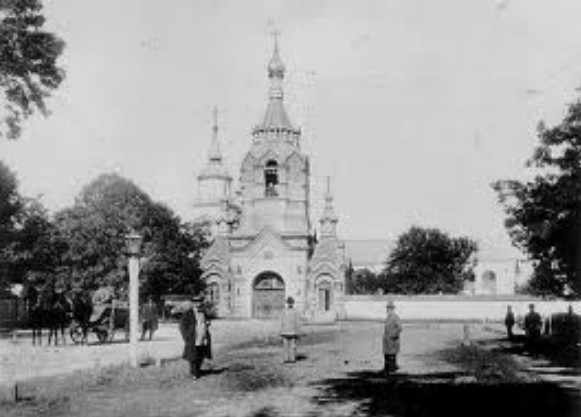
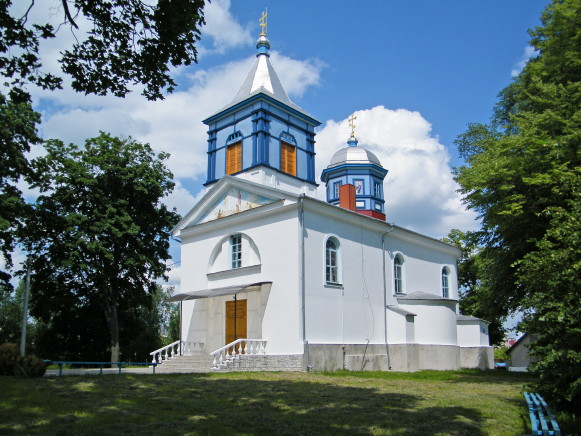
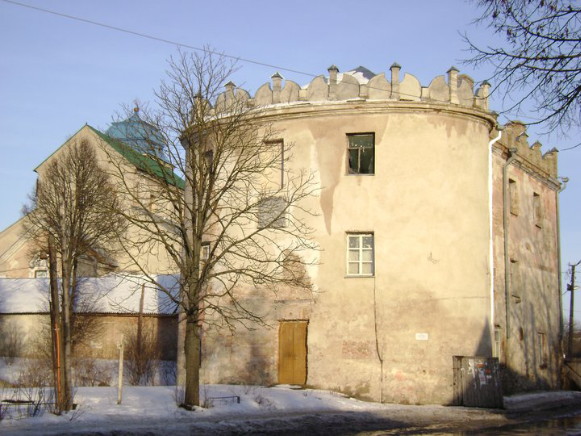
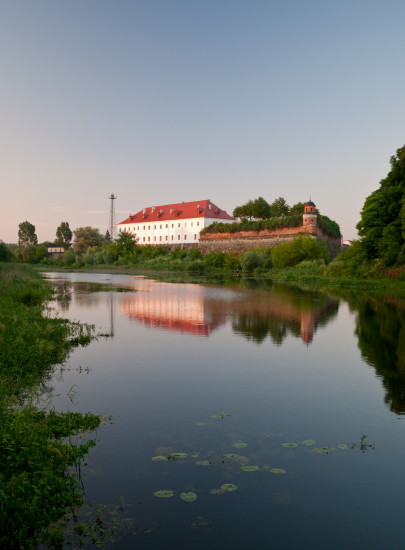
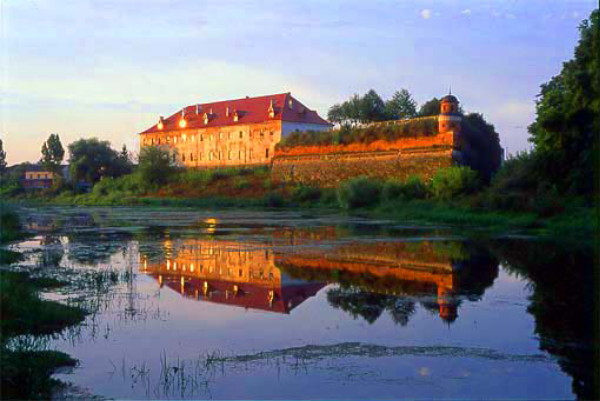
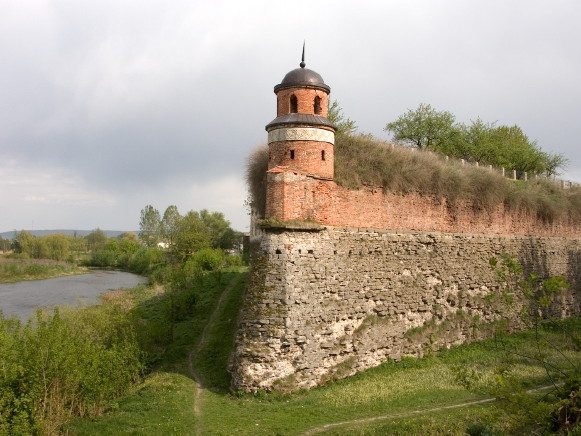
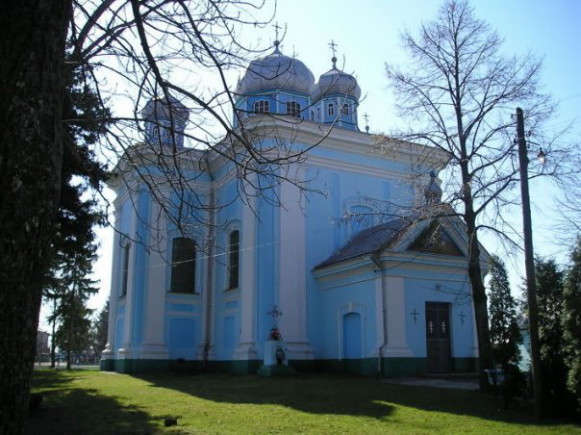
.jpg)
